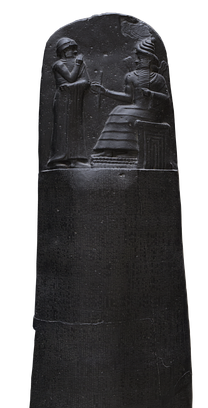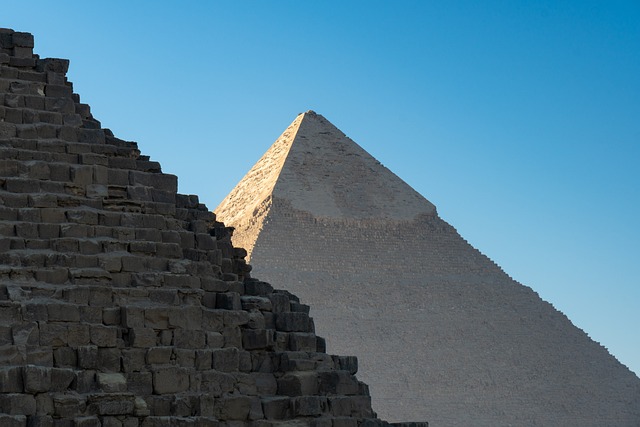From its humble beginnings as a small city-state on the Italian peninsula, Rome evolved into one of the most powerful and influential civilizations in history. The transition from the Roman Republic to the Roman Empire marked a pivotal period characterized by political upheaval, military conquests, and cultural transformation. This journey from republic to empire was shaped by key figures and events that left an indelible mark on the course of Western civilization.
Roman Republic Foundation and Expansion
The story of the Roman Republic is a tale of ambition, conquest, and political evolution that shaped the course of Western civilization. From its legendary founding to its expansion across the Mediterranean world, the Roman Republic emerged as a formidable force, guided by the principles of republican government and the pursuit of glory.
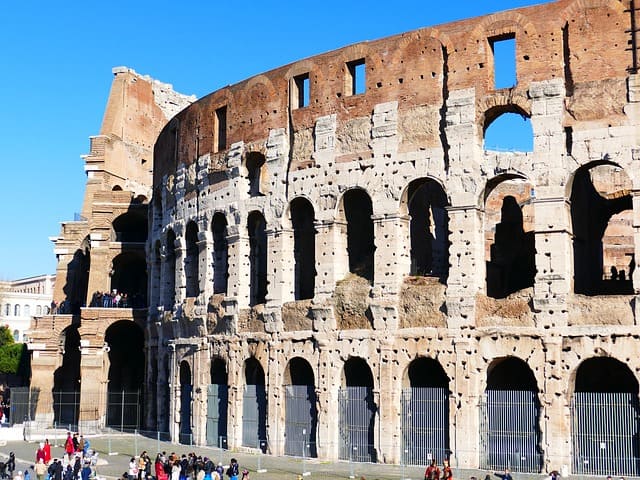
The Founding and Early Years
According to legend, Rome was founded in 753 BCE by Romulus, who became its first king. While the historical accuracy of this account is debated among scholars, it symbolizes the city’s ancient origins and the mythical narrative that surrounds its founding. Rome began as a small settlement on the banks of the Tiber River, inhabited by Latin and Sabine tribes.
In the 6th century BCE, Rome underwent a transformative political upheaval with the overthrow of its monarchy. The Roman Republic emerged as a new form of government, characterized by a system of checks and balances designed to prevent the concentration of power in the hands of a single individual or faction. At the heart of the Republic were elected officials known as consuls, who held executive authority and commanded the military.
The Institutions of the Republic
Central to the functioning of the Roman Republic was the Senate, a deliberative body composed of elder statesmen from noble families. The Senate played a pivotal role in advising the consuls, shaping legislative decisions, and overseeing matters of state. Its members, known as senators, wielded significant influence in Roman politics and society.
The Roman legal system, based on the principles of equity and justice, formed another cornerstone of the Republic. Roman law evolved over time through the development of legal codes, precedents, and statutes, laying the groundwork for modern legal systems around the world.
Expansion and Conquest
As Rome grew in power and influence, it embarked on a relentless campaign of expansion across the Italian peninsula and beyond. Military conquests brought Rome into contact with rival civilizations such as Carthage in North Africa and the Hellenistic kingdoms in the eastern Mediterranean.
The Punic Wars, a series of conflicts fought between Rome and Carthage in the 3rd and 2nd centuries BCE, were a defining moment in Roman history. The struggle for supremacy in the western Mediterranean culminated in the complete destruction of Carthage and the emergence of Rome as the dominant power in the region.
Challenges and Reforms
Despite its military prowess and territorial expansion, the Roman Republic faced internal challenges and social unrest. Economic inequality, political corruption, and the breakdown of traditional values threatened the stability of the Republic.
In response to these challenges, visionary leaders such as Julius Caesar and Gaius Marius proposed reforms aimed at addressing the underlying issues facing Roman society. However, their efforts sparked political turmoil and civil unrest, leading to a series of power struggles and ultimately the collapse of the Republic.
Conclusion
The rise and fall of the Roman Republic stand as a testament to the complexities of human nature and the dynamics of political power. From its humble beginnings as a small city-state to its transformation into a vast empire, Rome’s journey reflects the triumphs and tragedies of an ancient civilization.
Though the Roman Republic ultimately gave way to imperial rule, its legacy endured through the principles of republican government, civic virtue, and the rule of law. The story of the Republic continues to captivate the imagination of historians, scholars, and enthusiasts alike, serving as a timeless reminder of the enduring quest for freedom and justice in the annals of human history.
Key Figures of the Roman Republic
The Roman Republic stands as a pivotal period in the annals of history, marked by the influence of key figures who shaped its destiny. Among these luminaries, two towering figures emerge: Julius Caesar and Cicero. Through their actions, words, and enduring legacies, they left an indelible mark on the political landscape of ancient Rome.
Julius Caesar: The Conqueror and Dictator
Julius Caesar, a name synonymous with power and ambition, rose from humble origins to become one of the most iconic figures in Roman history. Born into a patrician family in 100 BCE, Caesar embarked on a meteoric rise through the ranks of Roman society. His military prowess and strategic acumen distinguished him as a formidable commander, earning him the loyalty of legions and the admiration of the Roman populace.
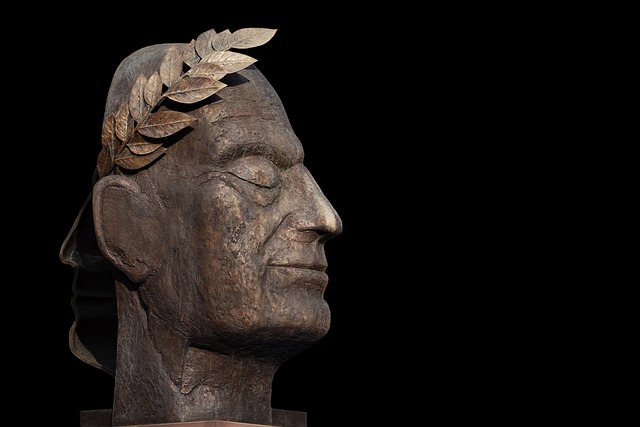
Caesar’s conquest of Gaul, waged between 58 and 50 BCE, stands as a testament to his military genius and ambition. Through a series of decisive campaigns, he brought the vast territories of Gaul under Roman control, solidifying his power and prestige among his contemporaries.
The crossing of the Rubicon River in 49 BCE marked a watershed moment in Roman history. In defiance of the Senate and his erstwhile ally, Pompey the Great, Caesar’s bold move precipitated a civil war that would decide the fate of the Republic. Emerging victorious from the conflict, Caesar assumed unprecedented powers, culminating in his appointment as dictator for life in 44 BCE.
Though hailed as a hero by some and reviled as a tyrant by others, Caesar’s legacy endures as a symbol of ambition, conquest, and the fragility of power. His assassination on the Ides of March in 44 BCE served as a stark reminder of the perils inherent in challenging the established order.
Cicero: The Orator and Defender of Republic
In contrast to the military might of Julius Caesar, Cicero wielded the power of words and intellect as his weapons of choice. Born in 106 BCE into a wealthy family of the Roman equestrian class, Cicero rose to prominence as an orator, philosopher, and statesman.
Cicero’s eloquence and rhetorical skill made him a formidable presence in the Roman Senate and the courts of law. His speeches and writings championed the ideals of liberty, justice, and the rule of law, earning him widespread admiration and influence.
Throughout his career, Cicero remained a staunch defender of the Republic against the encroachment of tyranny and authoritarianism. In his seminal work, “De Re Publica” (On the Republic), Cicero expounded on the principles of republican government and the virtues of civic duty.
During the tumultuous years leading up to Caesar’s dictatorship, Cicero emerged as a leading voice of opposition, denouncing Caesar’s autocratic ambitions and advocating for the preservation of republican institutions. His unwavering commitment to principle, however, would ultimately cost him dearly.
In the aftermath of Caesar’s assassination, Cicero found himself caught in the crosscurrents of political intrigue and shifting allegiances. Despite his efforts to navigate the treacherous waters of Roman politics, Cicero’s staunch defense of republican ideals made him a target of vengeance for the triumvirate of Mark Antony, Octavian, and Lepidus.
In 43 BCE, Cicero met his tragic end at the hands of Antony’s agents, martyred for his unwavering commitment to the principles of liberty and constitutional government. Though his life was cut short, Cicero’s legacy as a defender of the Republic endures as a beacon of inspiration for future generations.
Conclusion
The stories of Julius Caesar and Cicero illuminate the complex tapestry of Roman history, marked by ambition, heroism, and tragedy. Through their lives and legacies, they embody the enduring struggle between power and principle, ambition and virtue.
In the crucible of the Roman Republic, these two titans clashed, each leaving an indelible imprint on the annals of history. Their words and deeds resonate across the centuries, reminding us of the timeless lessons of leadership, integrity, and the quest for freedom. As we reflect on their lives, let us heed the echoes of the past and strive to uphold the values that they so passionately defended: the sanctity of liberty, the pursuit of justice, and the enduring spirit of the Republic.
The Fall of the Republic
The fall of the Roman Republic stands as a watershed moment in history, marking the end of a centuries-old system of government and the dawn of a new era of imperial rule. This pivotal transition was characterized by a complex interplay of political intrigue, social upheaval, and the clash of competing interests that ultimately unraveled the fabric of the Republic.
Prelude to Crisis
In the waning years of the Roman Republic, the once-stable political order began to unravel under the weight of internal strife and external pressures. Political corruption, rampant ambition, and socioeconomic inequality eroded the foundations of republican government, plunging Rome into a state of perpetual crisis.
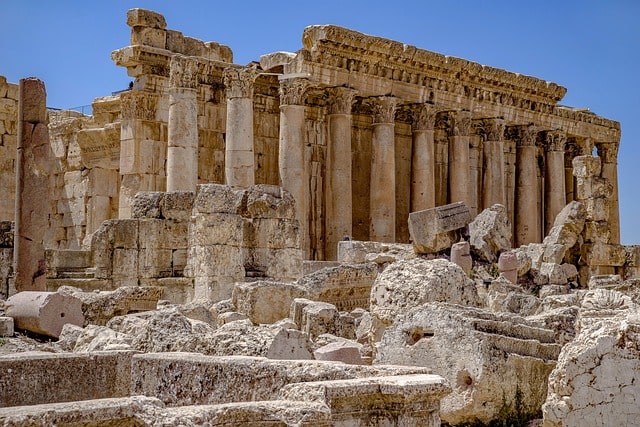
The rise of powerful military leaders, such as Pompey the Great and Julius Caesar, further destabilized the fragile balance of power within the Republic. Their military conquests and political machinations brought them into conflict with the traditional institutions of the Senate and the aristocracy, setting the stage for a showdown that would reshape the course of Roman history.
The Assassination of Julius Caesar
The assassination of Julius Caesar in 44 BCE served as the catalyst for the collapse of the Roman Republic. A group of senators, including Brutus and Cassius, conspired to eliminate Caesar in a desperate bid to preserve the sanctity of republican institutions and safeguard their own interests.
The assassination, however, unleashed a wave of chaos and uncertainty that reverberated throughout the Roman world. Far from restoring order, Caesar’s death plunged Rome into a power vacuum, as competing factions jockeyed for control and supremacy.
The Rise of Octavian
In the midst of the turmoil that followed Caesar’s assassination, his adopted heir, Octavian, emerged as a shrewd and calculating political operator. Despite his youth and relative inexperience, Octavian possessed a keen understanding of the dynamics of power and a relentless ambition to secure his place in history.
Under the guidance of his mentor, the seasoned general and statesman Mark Antony, Octavian embarked on a campaign to avenge Caesar’s death and consolidate his own power base. In the ensuing power struggle, Octavian skillfully outmaneuvered his rivals, leveraging his familial connections, military prowess, and political acumen to emerge as the undisputed leader of the Roman world.
The End of the Republic
In 27 BCE, Octavian achieved a decisive victory over Antony and Cleopatra at the Battle of Actium, effectively bringing an end to the Roman Republic. In the aftermath of his triumph, Octavian assumed the title of Augustus and established himself as the first Roman emperor.
The transition from republic to empire marked a profound shift in the nature of Roman governance, as power became increasingly centralized in the hands of the emperor and his inner circle. The traditional institutions of the Republic, including the Senate and the magistrates, were relegated to a ceremonial role, their authority overshadowed by the imperial bureaucracy.
Conclusion
The fall of the Roman Republic represents a cautionary tale of the dangers of political instability, unchecked ambition, and the erosion of democratic norms. In the crucible of crisis, the republican ideals of liberty, justice, and the rule of law gave way to the imperatives of imperial rule and authoritarianism.
Yet, even in the twilight of the Republic, the legacy of its ideals endured, inspiring generations of thinkers, statesmen, and revolutionaries to strive for a more just and equitable society. As we reflect on the demise of the Roman Republic, let us heed the lessons of history and remain vigilant in our defense of democratic values and the sanctity of the rule of law.
The Roman Empire Consolidation and Expansion
The transition from the Roman Republic to the Roman Empire marked a pivotal moment in human history, reshaping the political landscape of the ancient world and laying the foundations for centuries of imperial rule. At the heart of this transformation was Octavian, who assumed the title of Augustus and became the first Roman emperor in 27 BCE. His reign heralded a new era of consolidation, expansion, and cultural flourishing that would define the Roman Empire for generations to come.
The Rise of Augustus
Following the chaos and upheaval that accompanied the collapse of the Roman Republic, Octavian emerged as the preeminent figure in Roman politics. With consummate political skill and strategic acumen, he navigated the treacherous currents of Roman power politics, consolidating his authority and neutralizing potential rivals.
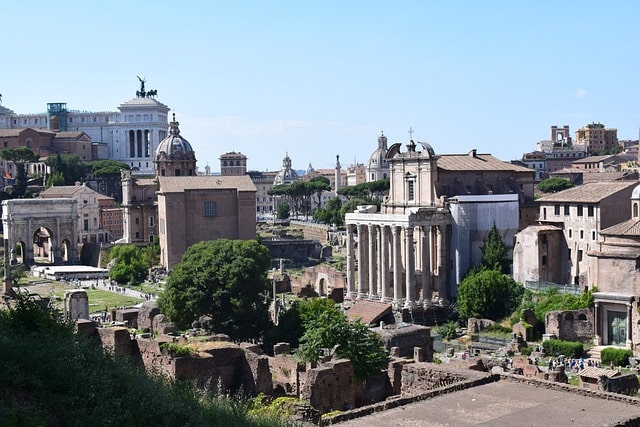
In 27 BCE, the Roman Senate conferred upon Octavian the title of Augustus, signaling his elevation to the status of emperor. Under his leadership, Rome underwent a period of profound transformation, as Augustus implemented a series of far-reaching reforms aimed at restoring stability and order to the war-torn empire.
The Principate and Imperial Succession
Central to Augustus’ vision for the Roman Empire was the establishment of the Principate, a system of government characterized by a delicate balance of power between the emperor, the Senate, and the military. Augustus carefully cultivated an image of benevolent authority, presenting himself as the “first among equals” rather than a monarch in the traditional sense.
One of Augustus’ most enduring legacies was his meticulous planning for the succession of power. Recognizing the dangers of dynastic strife and civil war, he instituted a system whereby power would pass smoothly from one emperor to the next, ensuring the continuity and stability of the imperial regime.
Pax Romana: A Time of Peace and Prosperity
Under Augustus and his successors, the Roman Empire experienced a period of relative peace and prosperity known as the Pax Romana, or Roman Peace. Spanning over two centuries, from the reign of Augustus to the death of Marcus Aurelius in 180 CE, the Pax Romana ushered in an era of unprecedented cultural and economic flourishing.
During this time, the Roman Empire reached its zenith, encompassing vast territories stretching from the shores of Britain to the banks of the Euphrates. Trade flourished along well-established networks, connecting the farthest reaches of the empire and facilitating the exchange of goods, ideas, and cultural influences.
The Reign of Emperor Trajan
One of the most illustrious figures of the Roman Empire was Emperor Trajan, whose reign epitomized the zenith of Roman power and prestige. Ascending to the throne in 98 CE, Trajan embarked on a series of military campaigns that expanded the empire to its greatest territorial extent in history.
Under Trajan’s leadership, the Roman Empire reached its geographic apogee, encompassing territories as far afield as Mesopotamia, Dacia, and Arabia. His ambitious public works projects, including the construction of roads, aqueducts, and monumental architecture, transformed the urban landscape of Rome and its provinces, leaving an enduring legacy of imperial grandeur.
Conclusion
The evolution of the Roman Republic into the Roman Empire marked a profound transformation in the trajectory of human civilization. Under the visionary leadership of Augustus and his successors, the empire achieved a level of political, military, and cultural hegemony that shaped the course of Western history for centuries to come.
Though the Roman Empire would eventually succumb to the ravages of time and external pressures, its legacy endured as a beacon of civilization and a testament to the enduring power of human ingenuity and ambition. As we reflect on the rise and fall of the Roman Empire, we are reminded of the complex interplay of forces that shape the destinies of nations and the enduring quest for power, glory, and immortality in the annals of human history.

